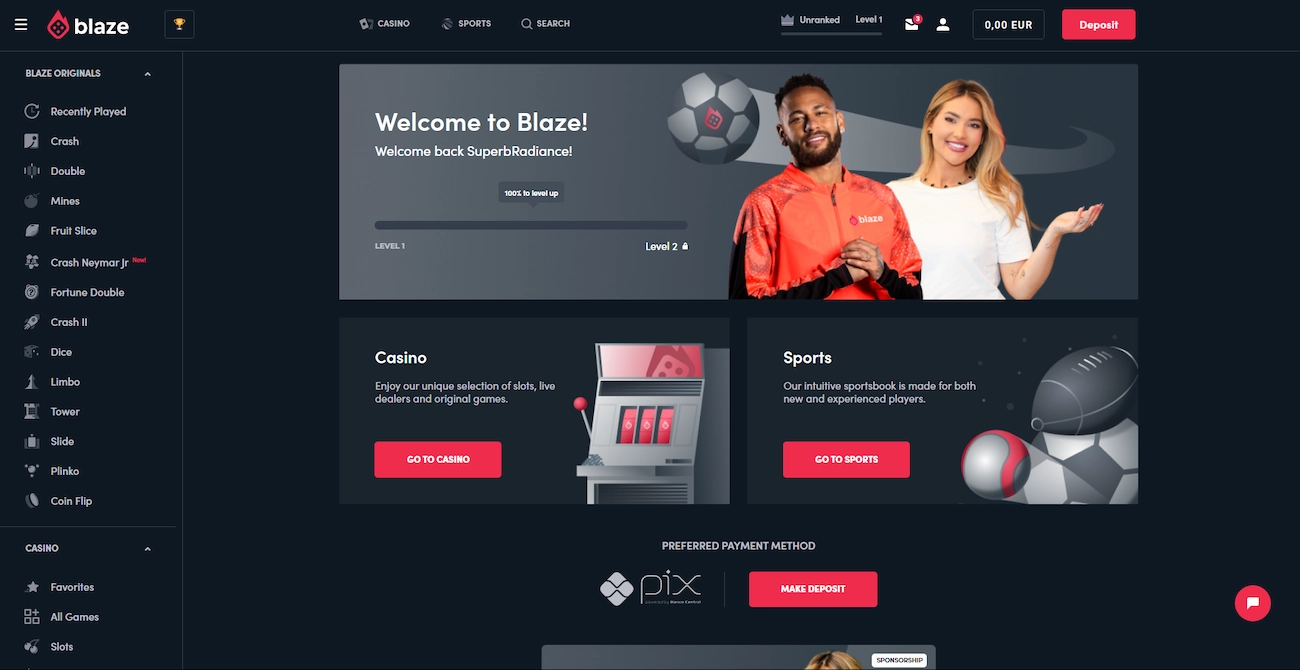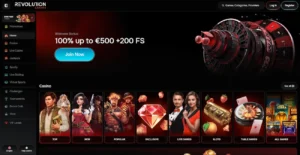Summary Table: Key Terms That Impact Your Gaming Experience
| Clause Area | Why It Matters | Impact Level | Explanation |
|---|---|---|---|
| Wagering Rules | 35x standard bonus wagering; up to 100% game exclusions possible | High | Bonus value is limited by restricted games; users may unknowingly fail wagering without making progress |
| Bonus Abuse Policies | Vague rules allow forfeiture based on playstyle or perceived strategy | High | Casino can revoke funds or block accounts even without clear violations |
| Account Restrictions | Only one account per IP/device/household; strict enforcement | High | Shared access (Wi-Fi, family members) may result in unexpected bans or balance confiscation |
| KYC and Withdrawals | Full ID, billing address, and card copies required before first cashout | High | Standard for compliance, but causes delays and may block access if documents are rejected |
| Payout Caps | Daily/monthly limits apply; large wins broken into scheduled installments | High | Jackpot or high-stakes wins may take weeks or months to fully receive |
| Dormancy | Bonuses expire in 30 days; inactive accounts risk reward loss | Medium | Even short breaks can result in expired rewards or vanished bonus balances |
| Data Sharing | User data may be shared with third parties and regulators; limited opt-out options | Medium | Players lack visibility and control over where and how their personal data is stored or processed |
| Legal Jurisdiction | Blaze operates under Curaçao law and holds final authority in disputes | High | No access to independent mediation or consumer protection frameworks outside of Curaçao |
Reward Wagering and Bonus Mechanics
Blaze Casino applies a standard 35x wagering requirement to most bonuses and promotional rewards, including converted free spin winnings. Rewards must be played through before any associated funds can be withdrawn. This is relatively standard but still challenging, especially for low-stakes players.
What stands out more is the strict enforcement of game contribution rules. For example, slots contribute between 50% and 100% toward wagering, while games like blackjack, roulette, and baccarat often count only 25% or less. Some titles may contribute 0% entirely. Players are expected to verify this themselves with support a manual process that risks error.
Additionally, Blaze allows forfeiture of all winnings if players use rewards in “accumulated benefit” games (like building a free spin meter) and only cash in after clearing the wagering.
How Blaze Interprets Bonus Abuse
Blaze’s definitions of abuse are extremely broad. The Terms grant the casino the right to void winnings or suspend accounts for behavior including:
- Betting on both red and black in roulette (over 64% coverage)
- Returning to trigger game features after wagering has been cleared
- Playing with multiple accounts or coordinating with others
- Receiving third-party payments or bonuses
The operator may classify users as “reward abusers” at its sole discretion. Once labeled, all rewards and winnings can be revoked with no appeals process outlined. This lack of clarity invites arbitrary enforcement, particularly for players using high-volume or bonus-focused strategies.
Strict Limits on Accounts per Device or Household
Users are limited to one account per household, device, and IP address. While common, Blaze’s enforcement policy is rigid. If multiple accounts are detected, all may be blocked, with winnings and rewards forfeited.
Shared household scenarios (family members, university housing, etc.) are not clearly accounted for. Although Blaze says users can inform support in advance, no guarantee is provided that such accounts will be exempt from enforcement.
Verification Before First Withdrawal
To request any withdrawal, users must submit detailed KYC documents. These include a government-issued ID, proof of address, payment method verification (such as masked credit card scans), and in some cases, source-of-funds documentation.
Even crypto-only users are subject to full verification. This undermines the expectation of anonymity sometimes associated with blockchain-based gaming.
Blaze also reserves the right to freeze accounts indefinitely while verification is pending, without offering clear timelines for resolution.
Limits on Withdrawals and Big Win Payouts
| Policy Area | Details |
|---|---|
| Daily Payout Limit | €1,000,000 per 24 hours |
| Monthly Payout Limit | €5,000,000 per 30 days |
| Large Win Handling | Winnings over €5 million may be split into monthly installments |
| Progressive Jackpot Exception | Paid in full regardless of amount |
| Withdrawals per Method | 1 withdrawal per payment method every 24 hours |
| Pending Withdrawals | Only 1 pending withdrawal allowed at a time |
Reward Expiry and Dormant Policies
Promotional rewards at Blaze, including bonus funds and free spins, are typically valid for 30 days from the date of issue. After this period, any unused or uncleared bonuses may be removed without prior notification, regardless of the player’s activity level. This makes it essential for users to actively monitor bonus expiry timelines to avoid losing potential value.
Additionally, Blaze’s Terms note that accounts left inactive for an extended period may be subject to review or closure, although no specific timeframe or dormancy fee is outlined. While real-money balances may remain untouched, bonus funds are particularly vulnerable with a clear risk of automatic deletion even after a relatively short period of inactivity. Players who rely on promotional offers but don’t log in regularly could lose bonuses without warning or recourse.
Your Data, Their Discretion
Blaze grants itself wide permissions to share personal data with third parties, including marketing firms, analytics services, payment providers, and regulators. Players are also notified that the Secretariat of Prizes and Betting of the Ministry of Finance may receive their data.
There is little detail on how long data is stored, how it can be corrected, or how users can object to certain types of processing. Opt-out mechanisms are minimal or entirely absent.
Dispute Resolution: Blaze Decides First and Last
All disputes at Blaze are governed by Curaçao law, with the casino explicitly reserving the right to make the final decision on any user complaint. The Terms make no mention of access to an independent adjudicator, ombudsman, or regulatory authority. As a result, players must rely entirely on the platform’s internal review process, which lacks impartial oversight.
While users can reach out to customer support via email or live chat, Blaze makes it clear that its decisions are binding and final. For players in regulated markets such as the EU, UK, or Canada this absence of third-party accountability represents a significant gap in consumer protection, leaving users with little recourse in the event of unresolved disputes or unfair treatment.
Final Thoughts: A Platform Best Approached With Caution
Blaze Casino delivers a slick, high-action gaming environment, but its Terms and Conditions leave significant room for discretionary enforcement. From wide-reaching bonus abuse clauses to vague data-sharing practices and limited recourse in disputes, the rules are designed to maintain full operator control.
Before signing up, players should consider:
- Avoiding bonus use unless they fully understand the conditions
- Completing KYC verification before depositing large sums
- Using only one account per household and confirming with support if others share the same IP
- Withdrawing funds regularly to avoid policy shifts or withdrawal caps
Blaze is not necessarily a bad-faith operator, but its policies reward vigilance and penalize assumptions. The more informed you are going in, the less likely you are to be caught off guard later. In a landscape with minimal regulatory oversight, understanding the rulebook is your best defense.



